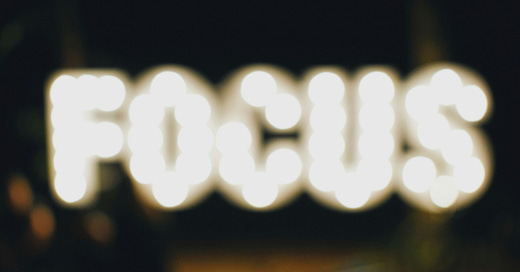CRAFT is a reader-supported email newsletter about the nuts and bolts of fiction writing and the world of publishing.
It is typical for me to both acknowledge that I am weirdly efficient and productive while also feeling like a lazy piece of shit. On the one hand, I accomplished a lot less than I wanted to in 2024. I had bold ideas of finishing book 3, g…


